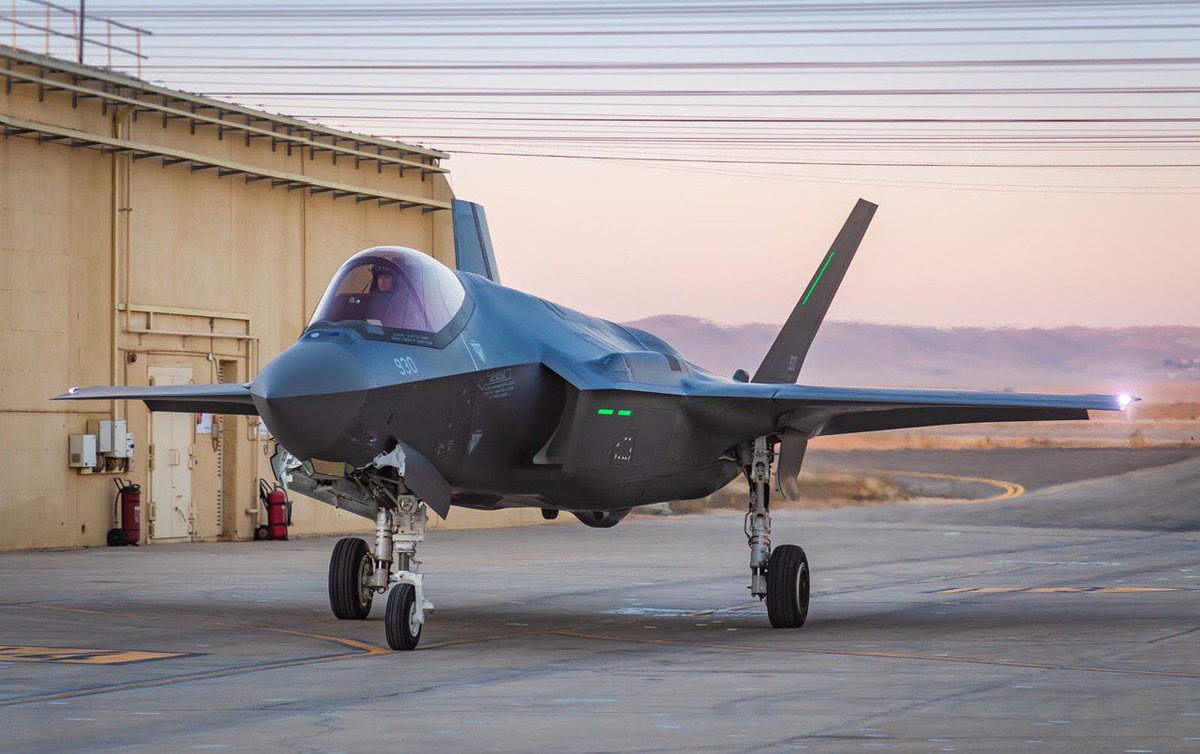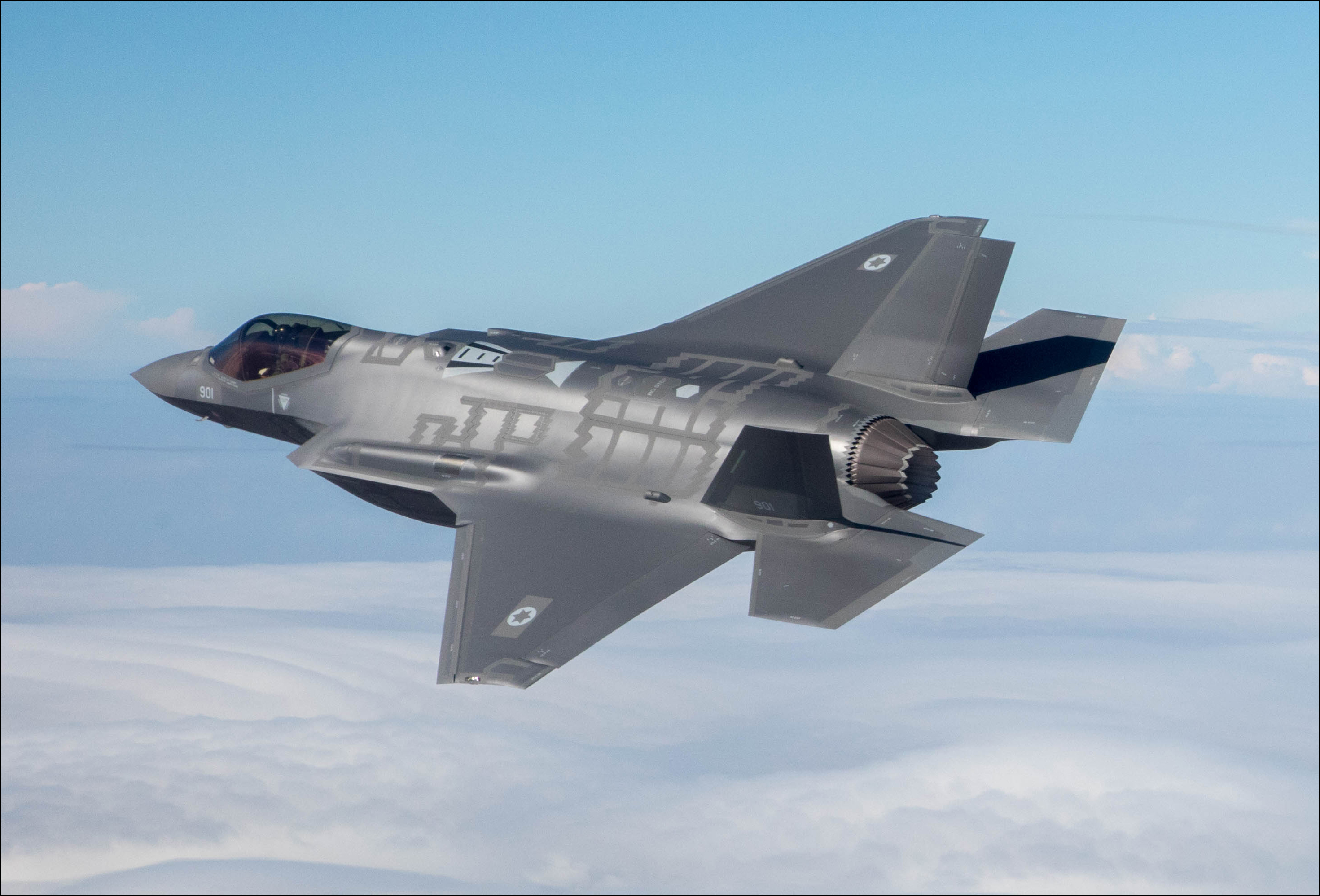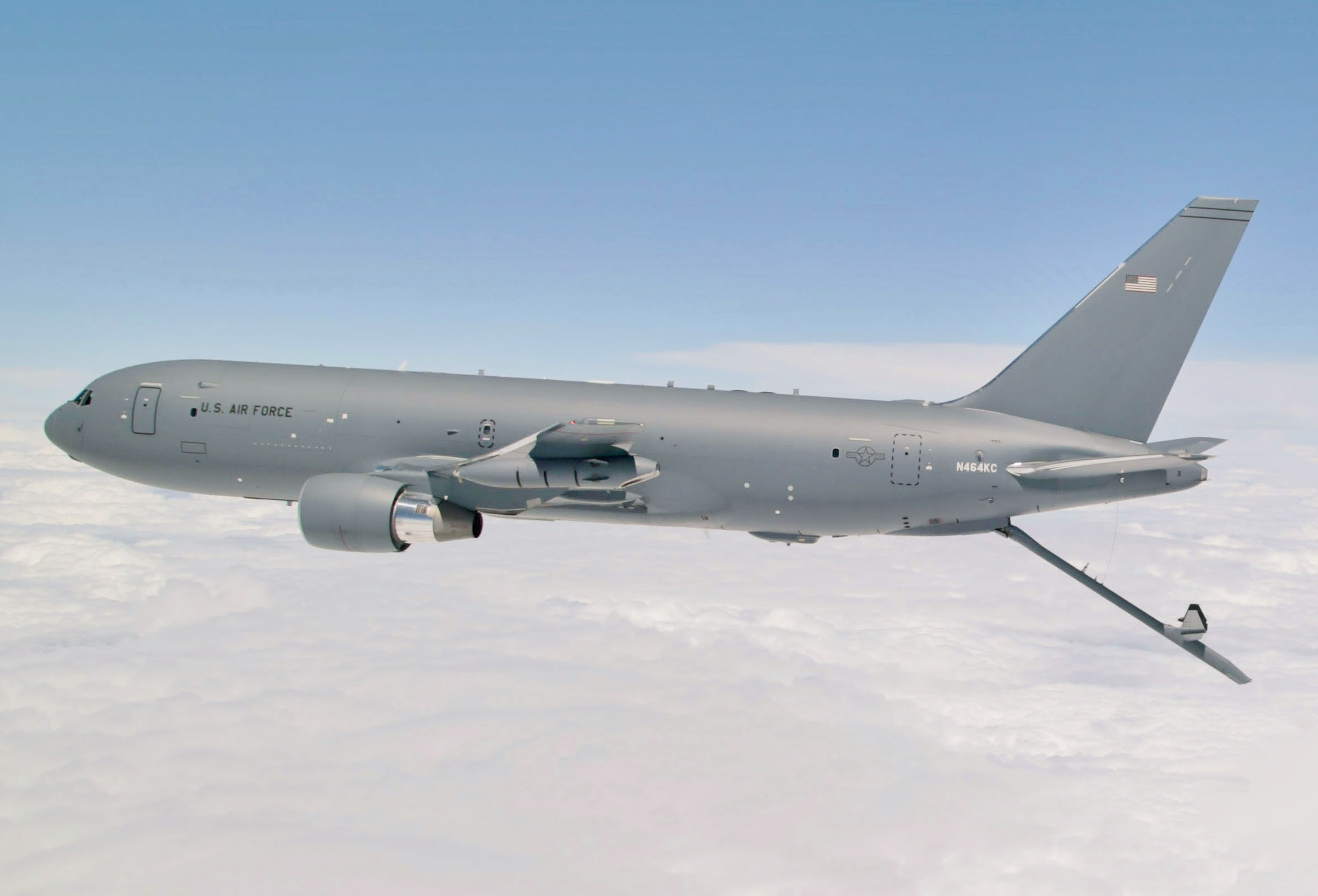Israel has threatened to attack Iran as Tehran continues to enrich uranium beyond permissible limits set under an earlier nuclear deal.
As talks between Iran and the United States to revive the deal, officially called the Joint Comprehensive Plan of Action (JCPOA), remain inconclusive, the shrill from Tel Aviv is getting louder.
However, the claim to attack Iran could prove hollow as Washington has refused to expedite the sale of a system that Israel would need to bomb Iran if the need arises.
The new commander of the Israel Air Force (IAF) Major General Tomer Bar has indicated that if required, Israel could hit Iran’s nuclear program tomorrow, in an interview that was published in the Jerusalem Post.
Since the new round of talks on the #JCPOA finding a common ground has become more difficult than ever as arch enemy @IDF has threatened @Iran with strikes on it's Nuclear facilities holding the west hostage.
Does Israel have the capability to strike Iran nuclear facilities ? pic.twitter.com/HiKR9pds8G
— Geo-Politico News✨ (@truestory24) December 17, 2021
Bar, who presently leads the Force Design Directorate, will take leadership of the Israeli Air Force in April next. Bar has sounded the bugle with his ambitions that hint at an impending Israeli attack if Iran refuses to agree to the deal proposed by the United States and other participants.
Iran has taken a hardened position, much to the disenchantment of all stakeholders and Israel.
The talks have been hanging fire and show no signs of coming to a mutually-agreed settlement. Earlier this month, Iran took a U-turn and walked back on all the prior compromises made in the previous deal. The seventh round of the talks held recently too ended in a stalemate.
Besides an openly belligerent Israel that has made calls to bomb Iran if it did not go back to the deal, the US Special Envoy to Iran has also warned Iran of an “escalating crisis” if the talks were to fail.
The envoy has expressed concerns regarding Iran having the capability to build nuclear weapons if the deal was not concluded in a few weeks and if its uranium enrichment did not stop in time.
Iran top negotiator says nuclear talks to pause for a few days: The indirect US-Iran talks on bringing both sides back into full compliance with the deal are in their seventh round. https://t.co/IoJ7KaZCcp JPost pic.twitter.com/LPSC6yf0GO
— Jewish Community (@JComm_NewsFeeds) December 17, 2021
While the United States has said that it will have to come up with a Plan B in the event of the talks falling apart again, it is not immediately clear what such a plan entails for Iran.
Though the US remains Israel’s closest partner, it recently shot down its request to expedite the sale of Boeing Mid-air refuellers — a system without which Israel cannot attack Iran.
Does Israeli Warning Hold Water?
Despite allegations that the IAF’s preparations for a future strike on Iran are being hampered by a shortage of funding, the incoming chief stated that the issue is “not black and white.”
“The mission of the ‘third circle’ (Iran) was there from the moment I sat here as the head of the Force Design Directorate and the chief of staff spoke with me,” the IAF commander said.
“We aren’t starting from the beginning. We’ve got F-35s, for multi-layer defense, we purchased hundreds of Iron Dome interceptors.”

While Israel does have the American F-35 stealth fighters (called F-35I Adir), the aircraft cannot fly to Iran and come back without refueling. The refueling would require the F-35s to either land at a friendly base near Iran, an option that is too far-fetched for Israel or it would need to be refueled by a tanker.
However, with the US refusing to fast-track the sale of KC-46 tankers, the possibility of Israel bombing Iran remains bleak for now. The F-35s have been proudly mentioned as the fighter with which the Commander would bomb Iran but will have to either make a pit-stop at UAE or Saudi Arabia, neither of which would want to be linked to an attack on their rival Iran, at least directly.
In response to reports that the US has refused to expedite the delivery of two KC-46 tanker refueling planes to Israel, Bar claimed he was present at the meeting when the request was made and that the IDF is presently investigating the reasons for the refusal.
“The United States is more than a friendly neighbor, and they want to have a long-term relationship. I’m not sure why they refused, but I haven’t ruled out the prospect of acquiring at least two refuelers ahead of time.”
The United States administration is believed to be sitting on the tanker sale so as to defer the Israeli plan to launch airstrikes on Iran which could potentially snowball into a much bigger crisis.

Meanwhile, US national security advisor Jake Sullivan arrived in Israel on December 21 to discuss Iran’s nuclear program with Prime Minister Naftali Bennett and called for a “common strategy” against Iran, reported Al Jazeera.
According to an Israeli government release, Sullivan added that “It’s critical that we get down together and build a shared strategy, a common viewpoint, and find a way forward that fundamentally ensures the interests of both countries.”
This was in response to Israel’s concerns about its security in the backdrop of Iran inching closer to acquiring nuclear weapons.
Even though there has been no direct mention of airstrikes on Iran and the delaying of the KC-46 tanker sale in the talks, it could be speculated that the US has been treading carefully so as to avoid any untoward crisis that engulfs the wider region and has ramifications for its partners and allies.
KC-46 Tankers
A dozen Israeli bomber aircraft will be able to stay in the air for up to 12 hours with a range of over 11,000 kilometers thanks to the new Boeing KC-46 tanker aircraft. With the help of its 55-foot fly-by-wire refueling boom, this aircraft can refuel planes at a rate of 1,200 gallons per minute.
The KC-46 can refuel three planes concurrently in three to four minutes using its wing air refueling pods. This would provide Israel’s Defense Forces (IDF) a significant advantage in any operations against Iran, which is about 1000 kilometers from Israel’s borders.

Israel had asked the US to expedite the arrival of the KC-46 aircraft, apparently in preparation for air strikes on Iran. According to accounts, the Biden administration turned down the request, claiming that the first jet would not arrive until 2024. The deal for these tankers was signed in 2020.
The talks between the US and Israel regarding the expediting of the sale, however, are continuing.
- Contact the author at sakshi.tiwari9555@gmail.com
- Follow EurAsian Times on Google News




